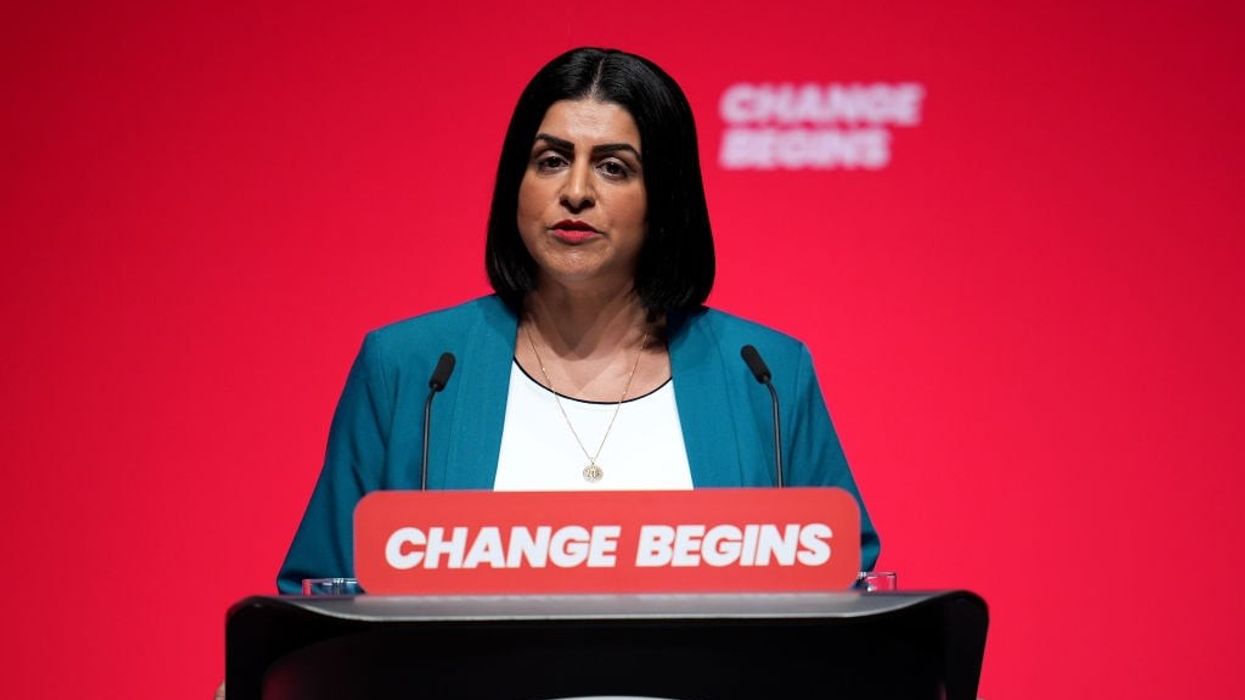JUSTICE secretary Shabana Mahmood has voiced strong opposition to the assisted dying bill ahead of its historic Commons vote on Friday (29).
In a letter to her Birmingham Ladywood constituents, Mahmood described the proposed legislation as a “slippery slope towards death on demand,” citing ethical, legal, and societal concerns, The Guardian reported.
Mahmood, who represents a constituency with a significant Muslim population, expressed her concerns in replies to letters she received.
She argued that the legislation would shift the role of the state from protecting life to facilitating death. “The state should never offer death as a service,” she wrote, referencing scandals like Hillsborough and the Post Office Horizon case as examples of systemic failures.
She warned that assisted dying could pressure vulnerable individuals, including the elderly and disabled, into ending their lives. “Faced with expensive or insufficient care, some may feel they have become too great a burden,” she said. Mahmood stated that such a cultural shift could lead to wrongful deaths and transform the “right to die” into a perceived “duty to die.”
Additionally, Mahmood criticised the lack of legal safeguards in the bill, particularly around coercion. She argued that it failed to specify how judges would assess evidence or prevent abuse. Her firm stance contrasts with Keir Starmer’s call for ministers to remain neutral on the issue.
Health secretary Wes Streeting has also opposed the bill, citing cost concerns for the NHS and the potential for terminally ill patients to feel pressured to die early to save resources, the newspaper reported.
The assisted dying bill would legalise assisted death for terminally ill adults in England and Wales with six months to live. Patients would need assessments by two doctors and approval from a high court judge.
If the bill passes its second reading on Friday, it will enter committee stages and could face a final Commons vote by April next year.
The bill has drawn divided opinions. While those backing it state that it offers better safeguards than current laws, those opposing it cite concerns about potential abuse and coercion.




